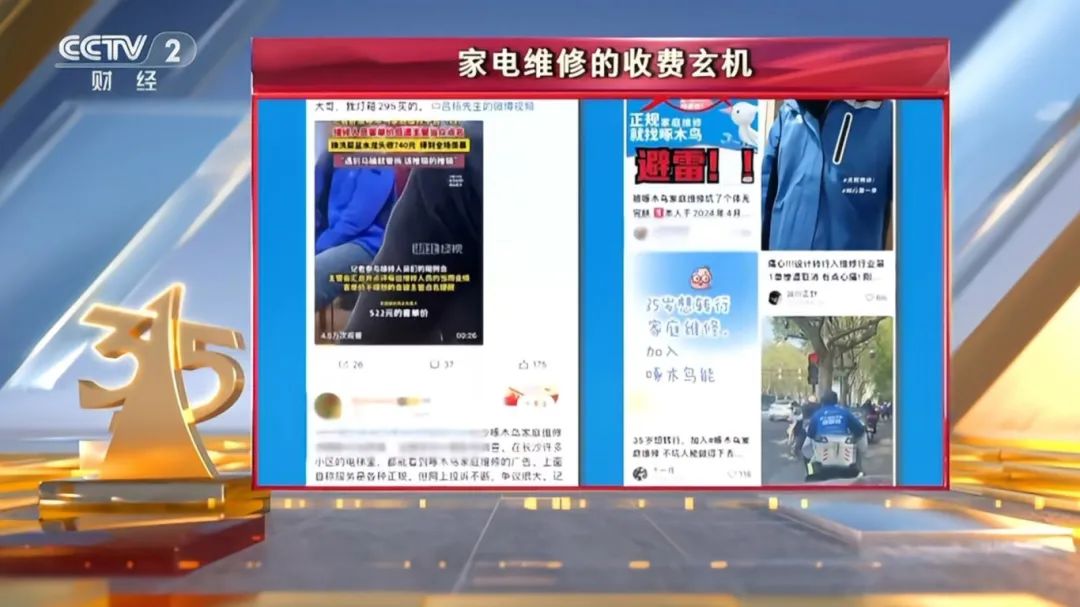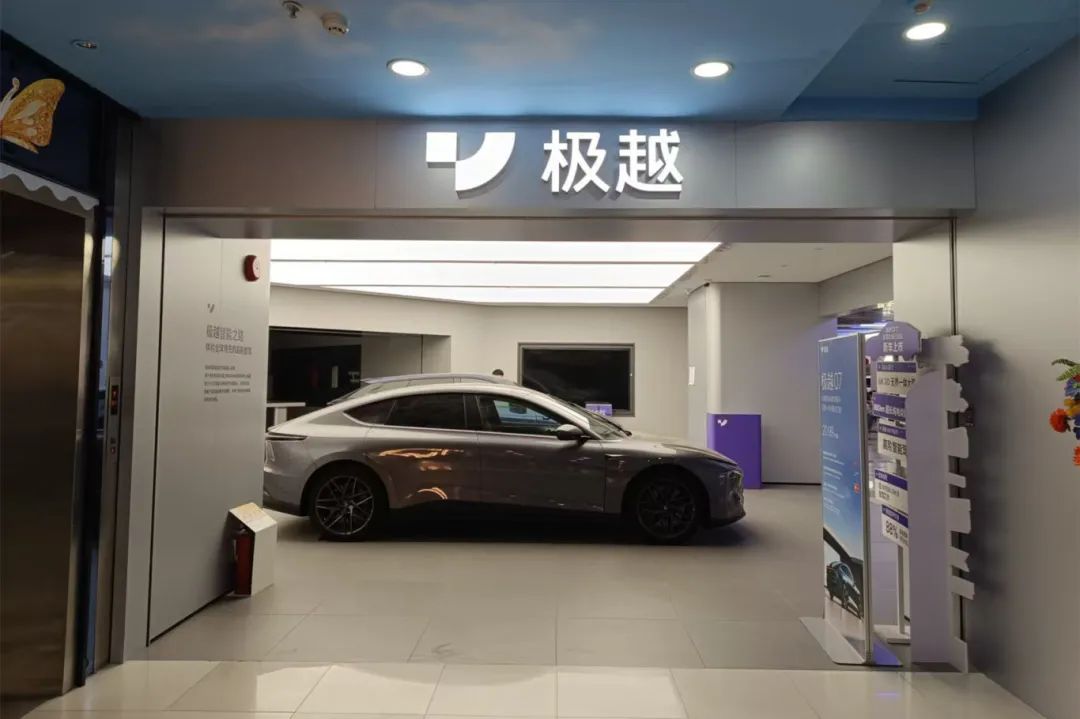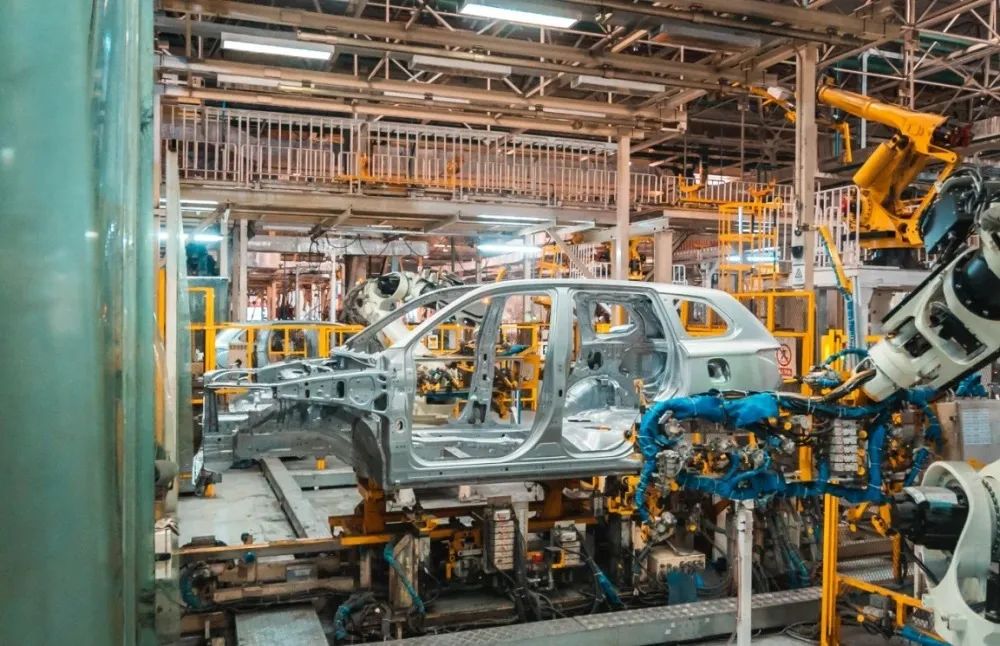When Cars are Far from 3·15, Should We Be Worry-Free About Car Purchases?
![]() 03/17 2025
03/17 2025
![]() 455
455

Introduction
In the realm of consumer rights, automotive enterprises must rise above profit-driven motivations.
It's fortunate that the 3·15 Gala has once again steered clear of the automotive industry.
On this evening, countless automotive professionals glued to their screens can finally rest easy. Although, looking back, the 3·15 Gala has gradually distanced itself from the automotive industry, it's undeniable that in today's fiercely competitive public opinion landscape, even minor disturbances can spell doom for a brand.
Years ago, with the theme "Boosting Consumption, Starting from the Heart," the 3·15 Gala spotlighted a few underperforming automotive enterprises. At a time when the event itself wasn't the center of attention, many people simply hoped that the ills of the rapidly evolving industry would gradually come to light once the glitz and glamour faded.
However, with shifts in the industrial environment and several major reshuffles in the automotive sector, we might conclude that it's not that 3·15 has shunned the automotive industry, but rather that today's Chinese automotive industry no longer requires the scrutiny of the entire society on this stage.
In the current era of consumption upgrading and digital transformation, the 2025 "3·15" Gala, themed "Building Integrity Together and Boosting Consumption," focuses on illegal infringements in food safety, public safety, financial security, and the digital economy. It aims to expose typical cases and foster a fair and honest consumption environment, fortifying the defense line for consumer rights.

Actually, it's evident from such information that compared to emphasizing consumption traps and chaos in the Internet economy, or prioritizing food safety and supervisory loopholes, all actions centered around "safe consumption" aim to expose the unwritten rules and darker sides of related industries. The chaos once prevalent in the automotive industry, therefore, seems less surprising.
01 Absence from Exposure Does Not Imply Non-Existence
Reflecting on the 3·15 Gala each year, we can't deny that the aftermath of exposure inevitably sweeps through various related industries, just as it has in the past. After the dust settles, it certainly provides consumers with some clarity.
However, within the automotive industry, we still need to acknowledge that since 2010, from exposing tricks in automotive after-sales service to depicting the industry's disorderly development, and even scrutinizing automotive enterprises with flawed product quality, 3·15 has become a testament to the automotive industry's self-reflection and consumers' heightened vigilance. Nonetheless, amidst the wave of Internet development, it has also begun to shift its focus.
You could argue that this new trend stems from the fact that the new energy industry differs vastly from past development paradigms. In layman's terms, when automotive enterprises set aside their arrogance in endless internal competition, and channel providers lose the breeding ground for chaos in market competition, the automotive industry will continue to drift further away from 3·15.
Indeed, over the past decade, the most notable feature of China's automotive market development has centered around new energy. On the positive side, dedicated new energy vehicle enterprises have gradually eliminated the disorder and barbaric growth associated with industrial transformation, steering it into a virtuous cycle. Related fields such as channel construction, supply chain management, and energy replenishment systems have also undergone rectification.
From Tesla to "NIO, Xpeng, Li Auto," they have even set a standard for new energy development in China's automotive market. However, after witnessing the market's tremendous changes last year, regardless of whether the automotive industry still merits a spot on the 3·15 list, the chaos that has emerged in reality lacks a perfect solution and is largely ignored by the masses.
In recent years, countless automotive enterprises have gone bankrupt. A couple of years ago, we were always concerned that users of discontinued car models would have nowhere to seek after-sales service. Today, do you genuinely believe that as the industry matures, these issues will cease to exist?
Last year, seemingly promising new forces like HiPhi, GEEKR, and Hozon Auto all fell one by one, and the user dilemmas they left behind are still fresh in our minds.
Frankly, it's the unique characteristics of new energy vehicles that determine that users don't have many after-sales issues to defend their rights on. At the same time, against the backdrop of accelerating technological iteration, those new energy vehicles purchased years ago have now become nothing more than scrap metal. What's the point of defending rights then?
At the dawn of this new era, people often say that relying on new energy and facing the efforts and progress of Chinese automotive enterprises, everyone from the nation to individuals should offer affirmation rather than nitpick. After all, the rise of Chinese automobiles is something everyone desires to see.

Within the industry, we've reached a consensus that electrification is a trend and the only path for the entire automotive industry to embrace the future. As we enter 2025, to survive and even retain a market presence, "selling cars" has become the sole focus for every automotive enterprise.
But let's be realistic. Even if 3·15 is no longer associated with the automotive industry, I still believe that certain problems need to be addressed by the entire industry. While taking a break from accelerating technological advancement, it's crucial to take seriously the maintenance of consumer rights.
02 Internal Competition is Fine, but Infringing on Consumer Rights is Absolutely Unacceptable
This year, the fierce competition in the automotive market remains as intense as ever. This means that although market reshuffles have led numerous disadvantaged automotive enterprises that can't withstand the pressure to go bankrupt, the development of the automotive industry is ultimately a business. Expecting surviving automotive enterprises to prioritize users' emotional value over profit is indeed naive.
Technological internal competition, intertwined with public opinion battles, are essentially fights for discourse power. Regardless of current achievements, stimulating consumption, encouraging users to pay for cars, and ultimately increasing profit margins through market exclusivity will always be top priorities in the future.
That is, even if the rapid iteration of intelligence instantaneously transforms the world, the changes within the automotive industry are even more significantly "hijacked" by this trend. Against such an unprecedented historical backdrop, consumers may only be pushed forward by automotive enterprises and trends. We don't have many choices, and everything must be left to the industry's development to teach users new lessons.
In fact, last year, during the price wars, there were already incidents that seemingly harmed consumer rights. To put it politely, in order to allow more users to experience new qualitative productivity, it was necessary to accelerate product iteration. Receiving this signal, a large number of users willingly supported round after round of new car trends with their hard-earned money. But at the same time, you can't really say how adeptly this tactic was employed, and the outcry of "betraying old users" at the terminal was just as loud.
At the beginning of the year, we half-jokingly said that the best new energy vehicles are always the next ones.
Just imagine, a new car is launched in less than half a year, updated with a lower price and better configuration. Can you really remain indifferent? Some might advise that at this point, one should have a broader mindset and enjoy the benefits early. But the reality is, how many people will be so magnanimous? Most, besides feeling regret and resentment, can hardly find good words to reconcile with themselves.
Of course, from a 3·15 perspective, there's nothing questionable about such occurrences. Decisions made under market behavior must be borne by consumers themselves. 3·15 has never been a trial institution. Its existence is merely to occasionally highlight industries that people are always concerned about, reminding enterprises or individuals within them to be more sincere and less cunning when facing the vast majority of consumers.
But thinking differently, it's not something worth celebrating to let consumers readily accept that through these rounds of price wars and new car offensives, the value of their newly purchased cars has depreciated by more than half.

Conversely, should we be more concerned that amidst endless price wars, constrained by the fact that costs can't be infinitely reduced, there might be discrepancies in the quality control of every aspect of new car manufacturing? At the same time, as the development cycle of a new car is drastically compressed from the past 3-5 years to within 1 year or even less, can the verification tests during this period uncover the problems that the product harbors from the outset?
I won't elaborate further on this, nor dare to. In summary, safeguarding consumers' rights and interests has always been a significant topic. The industry chaos exposed by 3·15 undoubtedly requires urgent rectification, but this doesn't mean that those not exposed on the stage can be ignored. I understand that each automotive enterprise's strategy regarding the new energy industry is a preview of a battle to propel its own revolution, but I always believe that under commercial competition, consumers' rights should always take precedence. Pleasing users and bringing emotional value to them are secondary considerations.
Responsible Editor: Cao Jiadong | Editor: Wang Yue







